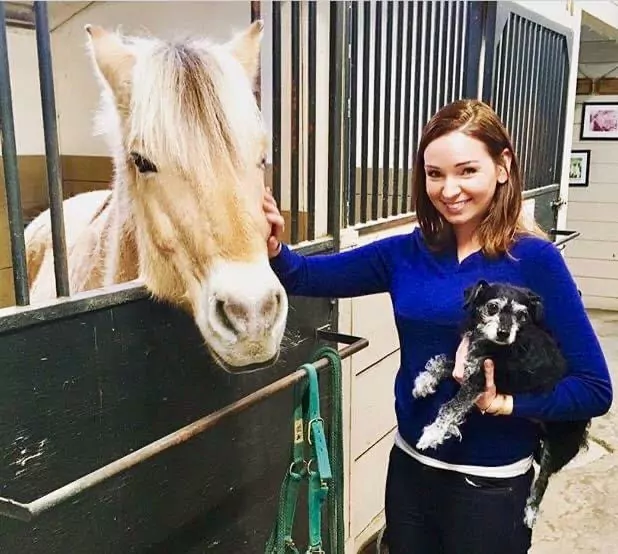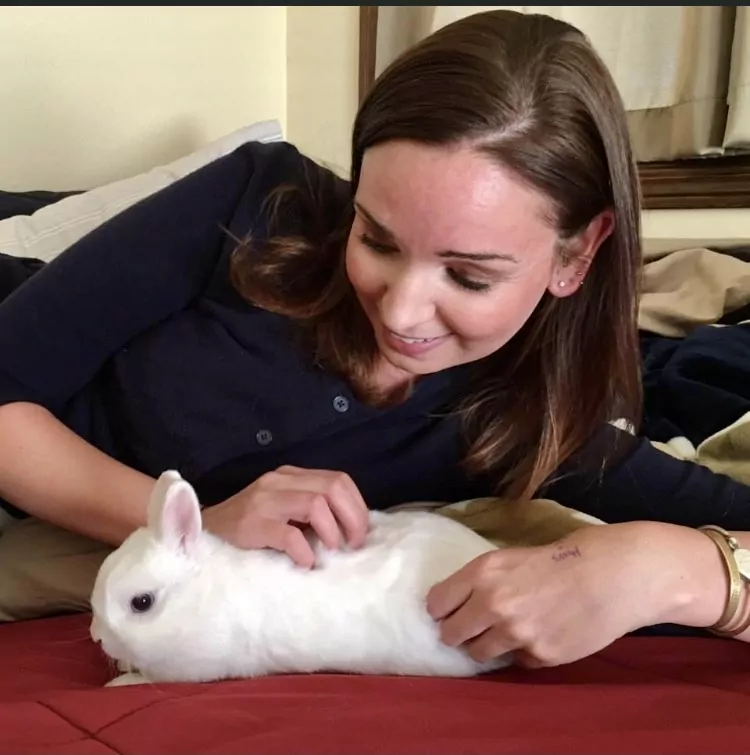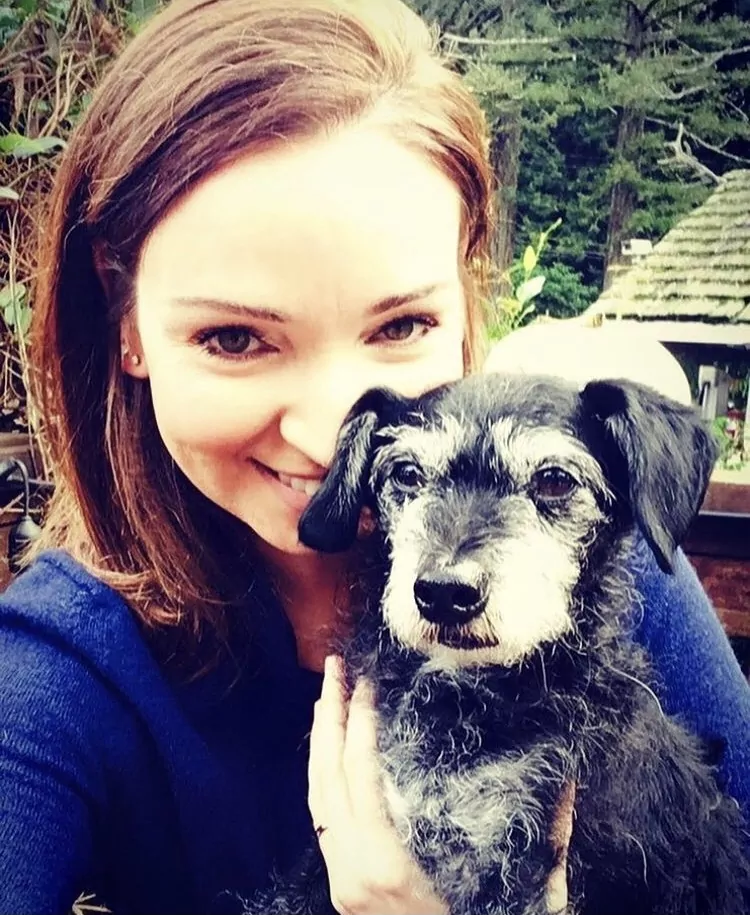Short info about yourself
My name is Katie Lawlor and I am a Doctor of Clinical Psychology based in Northern California. My areas of interest are in the human-animal bond, grief and loss, neuropsychology, and maintaining a healthy work-life balance.
Tell us about the Shanti Group and why it was started

I often hear from the veterinarians I work with that they chose this career because they love caring for animals, yet they see heartbreaking abuse and neglect cases. They must also make life and death decisions on a frequent basis, which can be deeply distressing.
Furthermore, personality traits such as sensitivity, introversion, and overachievement are common in veterinary medicine. Combined, these can lead to both compassion fatigue, a condition caused by prolonged exposure to trauma that results in a decreased ability to sympathize; and burnout, a state of emotional, mental, and/or physical exhaustion caused by an intense work environment, demanding caseload, limited access to resources, and/or inadequate organizational support.
Over time, these factors tend to impact veterinarians’ personal and professional fulfillment, leading to the high rates of anxiety, depression, and suicidality.
Where did you study? Say something about your school
I received my doctorate from the joint program between the Stanford University Department of Psychiatry and Behavioral Sciences and the Pacific Graduate School of Psychology. I completed my clinical training at both the Stanford University Medical Center and the VA Palo Alto Health Care System.
I also hold a masters in Economic Policy from Columbia University and a B.A. from the University of Notre Dame. I feel incredibly honored to have attended 3 amazing schools that deeply value their students’ learning and experience.

What does daily work day include?
Engaging with veterinarians on any and all topics related to mental health – both in a confidential group format and in one-to-one sessions.
What made you focus on the area of veterinarians?
As an animal lover, veterinarians are my heroes. I wanted to specialize in working with this population as they treat and care for those we love the most.
How has mental welfare been since the Covid-19 pandemic?
COVID-19 has been a time of isolation and uncertainty, and most of us have lost someone or something we cherish – a beloved family member or pet, social connectedness, the cancellation of an anticipated event and our favorite traditions, or a job and financial security.
While grief manifests differently in each individual, it can provide us an opportunity to turn inward, reflect on and prioritize our values, and gain perspective on what is most important to us in life. This introspection can help instill hope, strength, and the ability to cope with what feels impossible at times.

Do you have pets? Do you feel they are themselves a coping mechanism?
I have 2 rescues! An 11-year-old senior dog – a terrier mix named Bear, and a 4-year-old rabbit named Nikolaus.
With fellow humans, especially loved ones, our relationships are complex; they are full of highs and lows, break-ups and misunderstandings, arguments and hurt feelings, grudges and unpredictability. Our pets however always seem to make us feel better, even on our worst days. We come to rely on their unconditional love and devotion.
What are your plans and goals for the future?
I hope to always be doing what I truly love – working with veterinarians and supporting animal welfare and rights causes.
What are you doing to help veterinarians and how can it be accessed?
The Veterinary Mental Health, Support, and Resiliency Group provides an empathetic and confidential space for vets to discuss how they are persisting through career-related challenges. The group facilitators – all compassionate and highly skilled clinical psychologists – encourage processing stress and grief, learning effective coping skills, implementing a healthier work-life balance, and renewing a love for veterinary medicine. Our group addresses vets’ individual concerns in the context of a shared experience that helps to foster well-being and satisfaction in this profession.

What else can we do to help and promote mental wellness in the veterinary field?
When we are feeling overwhelmed, anxious, and hopeless, it’s nearly impossible to imagine how things could possibly get better. The vast majority of individuals who live through dark days however state that with the right support and psychological tools, they found ways to live a meaningful and inspired life.
If you can remind yourself that you have made it through challenging times in the past, you can absolutely overcome the demanding / heartbreaking / confusing situation you are experiencing now. A good place to begin is to be honest with yourself about what you want from your life. To get started, you may want to consider questions such as:
- What do I consider a good life?
- How do I envision my life evolving?
- What am I proud of?
- Who do I want to become?
- What are my goals for the future?
- How do I want to be viewed by others?
- What inspires me?
- What fulfills me?
- In what environments do I feel like I can be genuine to who I am and my loved ones?
If vets are finding themselves overwhelmed by concerns related to practicing veterinary medicine, and especially if these thoughts and feelings are interfering with their ability to complete daily tasks, sleep well, or engage in self-care activities, I would encourage them to join a professional peer support group.
Professional peer support groups normalize and validate occupation-related stressors, in addition to the specific concerns vets take home with them at the end of the day. These groups encourage asking for help when you need it and remind you that you’re not alone. Involvement in such groups has been shown to result in enhanced physical health, reduced stress, decreased mood symptoms, reduced engagement in avoidance strategies, and a lower risk of self-harm and suicide.
Do you have any advice for our readers?
I love this quote from the poet Mary Oliver: “Tell me, what is it you plan to do with your one wild and precious life?” Her words encourage me when I begin to lose sight of the forest for the trees.
